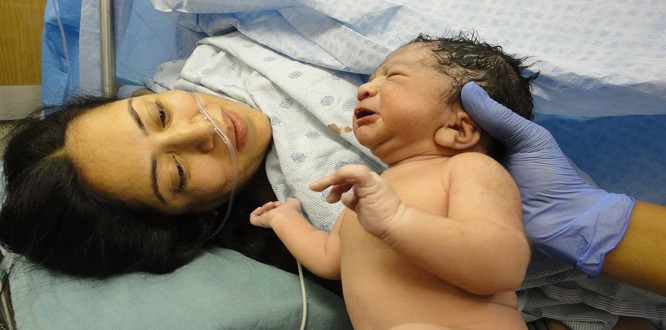Serious complications and recurrences after retropubic versus transobturator midurethral sling procedures for 2682 patients in the VIGI-MESH register
Complications sérieuses et récidives après bandelette sous-urétrale par voie rétropubienne versus transobturatrice pour 2682 patientes participant au registre VIGI-MESH
Résumé
Background: Midurethral slings are the gold standard for treating stress urinary incontinence, but their complications may raise concerns. Complications may differ by the approach used to place them.
Objective(s): To compare serious complications and reoperations for recurrence after midurethral sling procedures by the retropubic and transobturator routes for female stress urinary incontinence.
Study Design: This analysis covers patients included in the French multicenter VIGI-MESH register since February 2017 who received a midurethral sling for female stress urinary incontinence by the retropubic or transobturator route, excluding single-incision slings. Follow-up continued to October 2021. Serious complications (Clavien-Dindo classification ≥ Grade III) imputable to the midurethral sling and reoperations for recurrence were compared by Cox proportional hazard models including any associated surgery (hysterectomy or prolapse) and a frailty term to consider the center effect. Baseline differences were balanced by propensity score weighting. Analyses using the propensity score and Cox models were adjusted for baseline differences, center effect, and associated surgery.
Results: 1830 participants received a retropubic sling and 852 a transobturator sling in 134 French centers, placed by 167 surgeons. The cumulative two-year estimate of serious complications was 5.8% (95% CI 4.8-7.0%) in the retropubic group and 2.9% (95% CI 1.9–4.3%) in the transobturator group, that is, after adjustment, half that of the retropubic group (adjusted HR 0.41; 95% CI 0.3-0.6). The cumulative two-year estimate of reoperation for recurrence of stress urinary incontinence was 2.7% (95% CI 2.0-3.6) in the retropubic group and 2.8% (95% CI 1.7-4.2) in the transobturator group, with risk of revision for recurrence higher in the transobturator group after adjustment (adjusted HR 1.9; 95% CI 1.2-2.9); this surplus risk disappeared after exclusion of the patients with a previous surgery for stress urinary incontinence.
Conclusions: The transobturator route for midurethral slings is associated with a lower risk of serious complications but a higher risk of surgical reoperation for recurrence than the retropubic route. Despite the large number of surgeons involved, these risks were low. The data are therefore reassuring.
| Origine | Fichiers produits par l'(les) auteur(s) |
|---|

